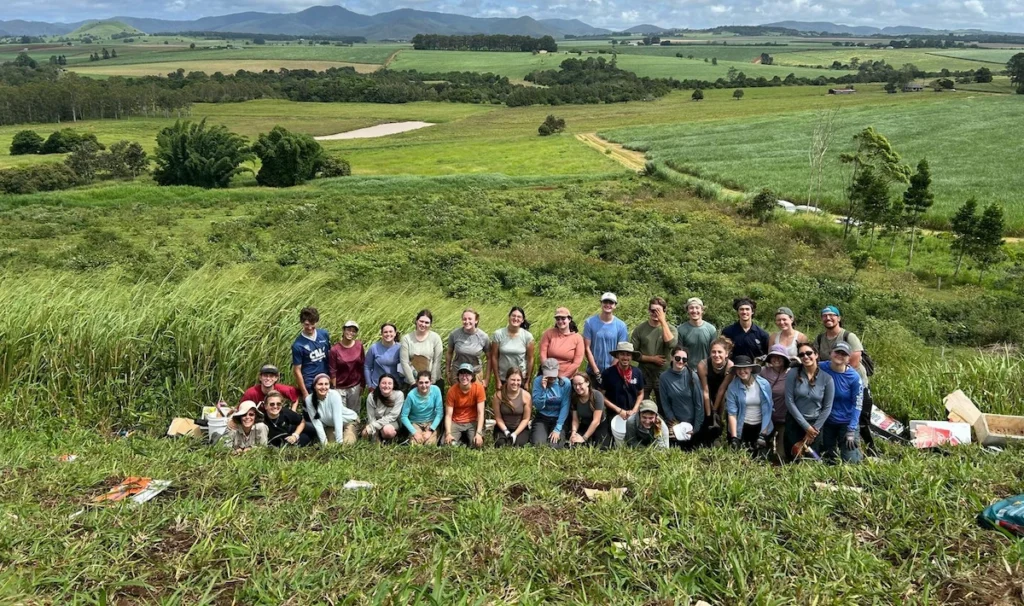Alumni Profile: Kimbrough Mauney
“When I got back here, I wanted to jump right in the water and say hi to the French grunts,” said Kimbrough Mauney, Student Affairs Manager at the SFS Center for Marine Resource Students in the Turks and Caicos Islands. “They are still there! And really, not much has changed in twelve years, other than some concentrated tourist development. There is a new road and about 3000 more hotel rooms in the works.”

She first got acquainted with the island of South Caicos, its beaches and reefs, and its vibrant and diverse marine animals while an SFS student in the summer of 2000. “I knew I wanted to study the oceans. This was a perfect summer opportunity. At SFS, the academics were demanding, and the professors had rigorous credentials. I appreciated that. Developing a strong relationship with them made me want to keep pushing myself throughout my studies. They were passionate about their research, and had traveled the world pursuing their subjects, and I wanted to be like that.”
After graduating with a B.S. in oceanography from Duke University, Kimbrough pursued a master’s degree in environmental education at the Western Washington University. She moved to Anchorage, Alaska seven years ago, where she managed a high ropes challenge course and rock wall, expanded her knowledge on Pacific Ocean issues and important species (such as salmon and tidal zone invertebrates), and contributed to numerous local environmental and educational initiatives focused on reducing food waste.
Kimbrough has returned to SFS-TCI as a staff member overseeing student affairs, safety and risk management, community outreach, and the smooth operation of daily life at the field station. “I want the students to enjoy themselves, to stay safe and healthy, to do their academics well, and to do their fun time well. But, I also hope they say to themselves ‘wow, that was a cool professor. I want to be like that someday. I want to be that passionate about my research.’ I want them to say ‘research is cool, professors who do research get to do cool things.’”

She said she also hopes that students take away an appreciation for the simple things. “This is a developing community, and it is different than what students are used to back home. We appreciate avocadoes here because we don’t get them often,” she said. “We appreciate bananas and fresh water. When they return home, I hope students remember what it is like to live with limited resources.” From their first days on the island, students are taught about constraints on water, food, and electricity, and they are asked to live sustainably within these limitations. For example, students are asked to take just one freshwater shower per week, turn off the lights and fan when they are not necessary, and be mindful about not wasting food.
“It is a great program, and it is academically strong. I am so happy to be a part of it,” she said.
Related Posts

Cinder Cone Chronicles: Lessons from Drought, Data, and Determination

Reuniting with Tanzania: Eric Walsh’s “Reunion Flag” Keeps the Spirit Alive
